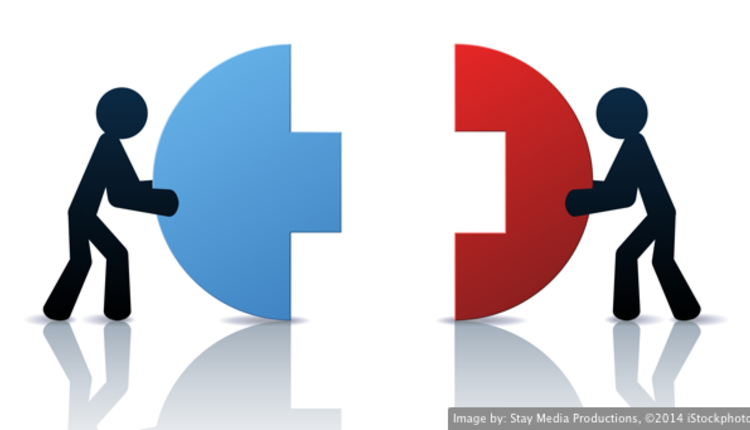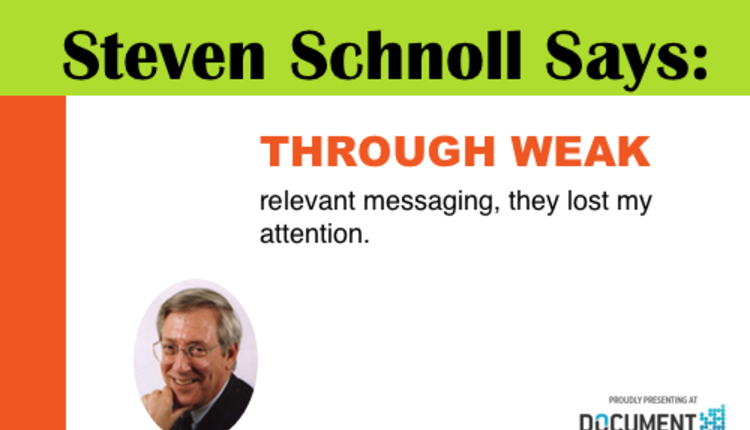After a successful career of nearly 16 years, a famous musician changed his name in 1993 from Prince to a symbol that was unpronounceable, so he was called the "Symbol" or "The Artist." Did Prince want to go undercover or have people forget who he was so he could transform himself, but still have "Prince" be available so he could come back to it if the "Symbol" self-branding didn't work?
What is a brand? Is it what you do or who you are? Marketing experts would say your brand is your promise, your reputation; every interaction you make with your customer contributes to your brand.
As financial services brands are in a flux, some brands have disappeared (think Lehman Brothers), some are tarnished (have you heard the Merrill brand recently without some reference to John ain's $35,000 "commode on legs"?), and some are becoming something else (WaMu is becoming Chase; CheckFree has become Fiserve). My employer, Regulus, was recently acquired by 3i Infotech, and we are evaluating how best to leverage our individual and collective brands. Even some of America's most recognized brands, our nation's biggest bank names, are perceived differently by consumers now that taxpayer money is being used to keep them afloat. Big bank brands are no longer synonymous with dependability and stability. Some are now associated with toxicity, which is never an asset in the brand management world.
According to a recent TNS survey, one in five middle-market businesses are seriously considering changing banks. According to TNS, the bank brand is now as important as the banker brand, and the financial stability of the bank is by far the most important factor in commitment to a bank. The core issue for these customers today, I believe, is whether banks they know and trust can and will lend them money.
All of this sounds pretty bleak for sustaining the integrity of some mega-brands, but I think it presents an opportunity for heretofore little known and emerging brands to blow their horns a bit and take a higher profile.
Not every financial services company has an evil twin, and many have healthy balance sheets and paying customers. American businesses and consumers alike are more open to new brands (just think about Americans' openness to new political brands in the last election). Americans want change, particularly young Americans, the ones that want to live their lives and conduct all of their transactions over their cell phones. Younger consumers are very open to nontraditional providers of services and are not wedded to established brands. ey are becoming more important to the financial services industry as they become homeowners (now that houses are more affordable) and job-hop less in a tight employment market.
Emerging market brands stand to gain as well. According to Brian Caplen, editor of The Banker, "Banks from key emerging markets have fared well and are starting to chase some of the traditional names of banking." This makes sense to me, given our already global economy and progressively global social community.
The Internet leveled the playing field for many small company brands over the past decade. The current financial crisis may well level the playing field for financial services brands. Brand experience may well trump brand image, and those financial services firms backed by fiscal stability and technological innovation, wherever they call home, will be the big winners.
So, like Prince, it may not be all in a name; it's the value you provide, and with America wanting change, maybe the timing is right to reinvent yourself!
TRACY DALTON [tracy.dalton@regulusgroup.com], is manager of product development and management for Regulus Group, a transaction processing solution outsourcer provider. Ms. Dalton is responsible for new products and services that meet the strategic direction of Regulus and their clients.












